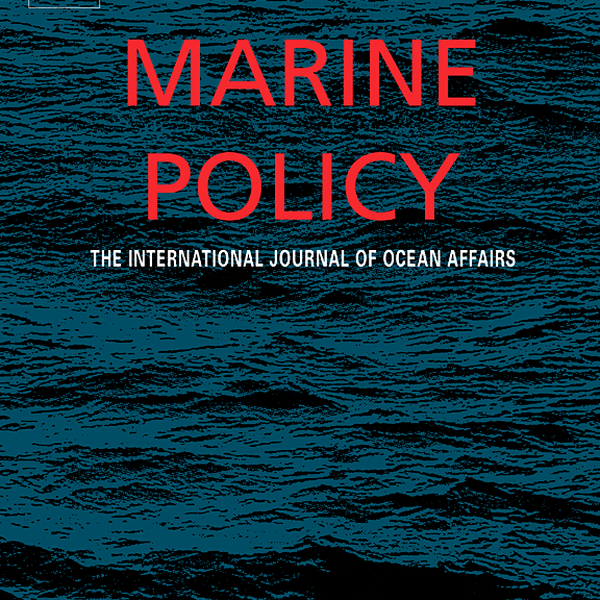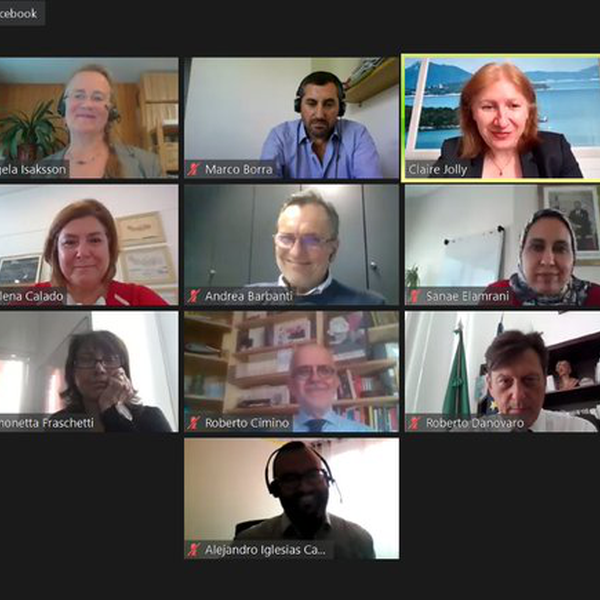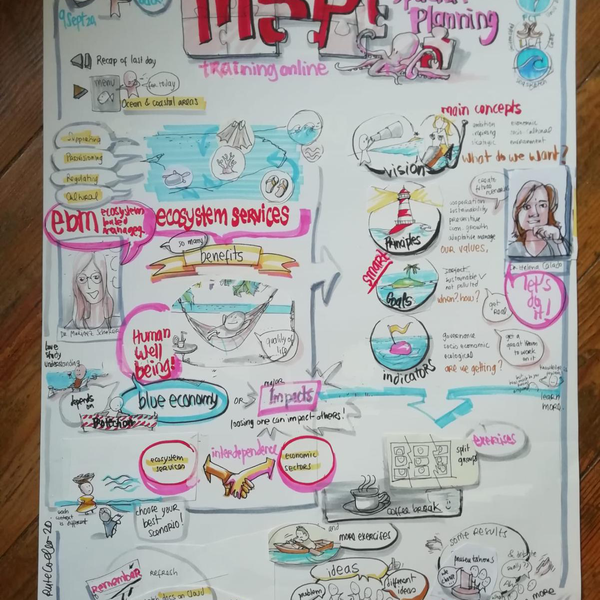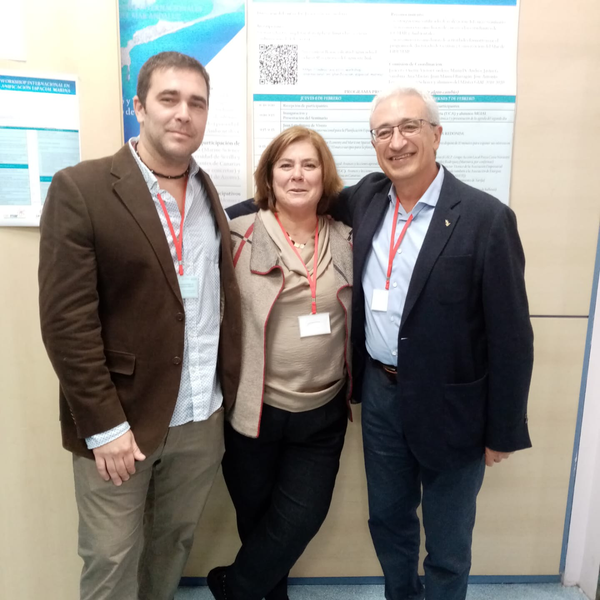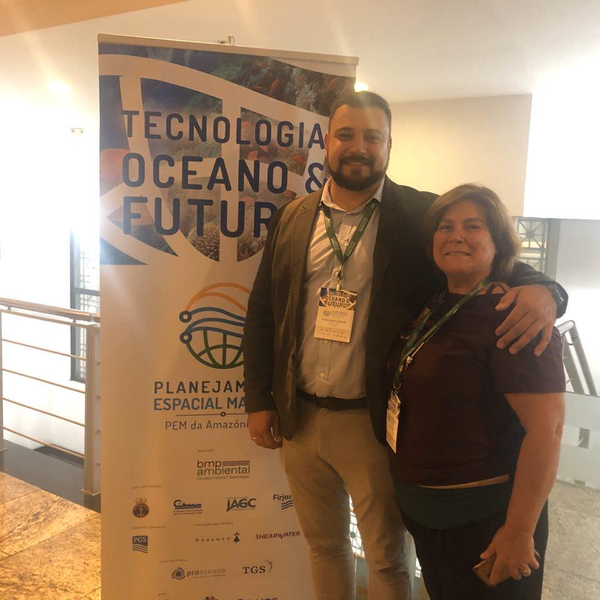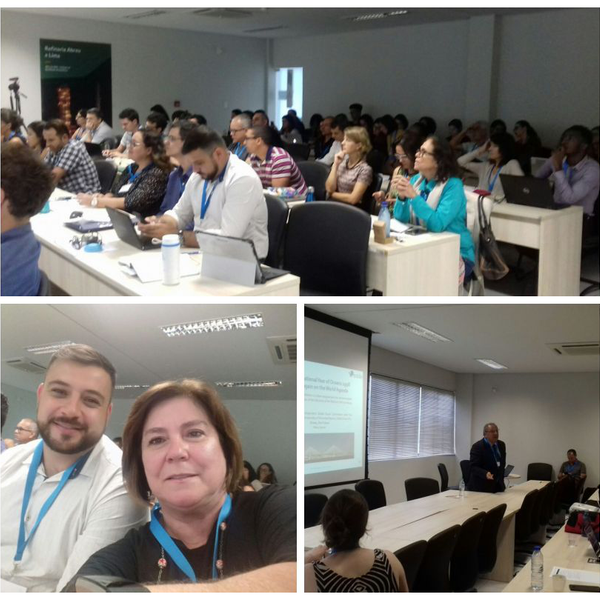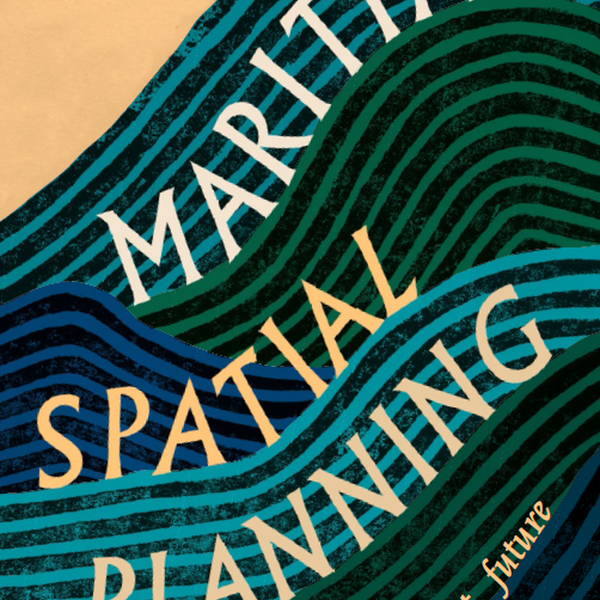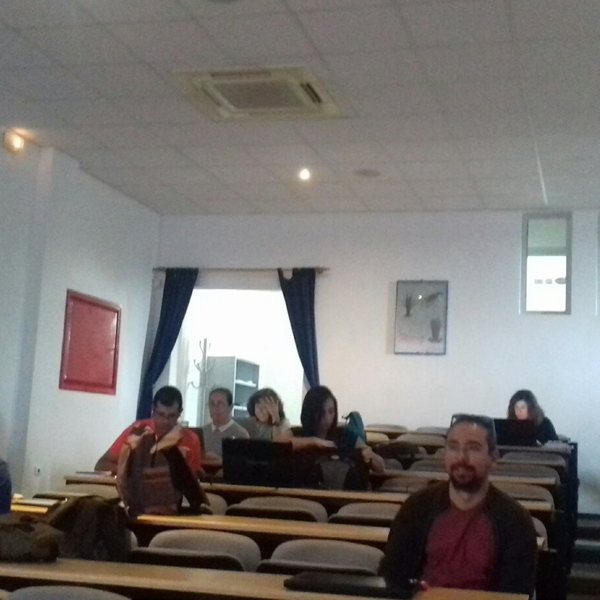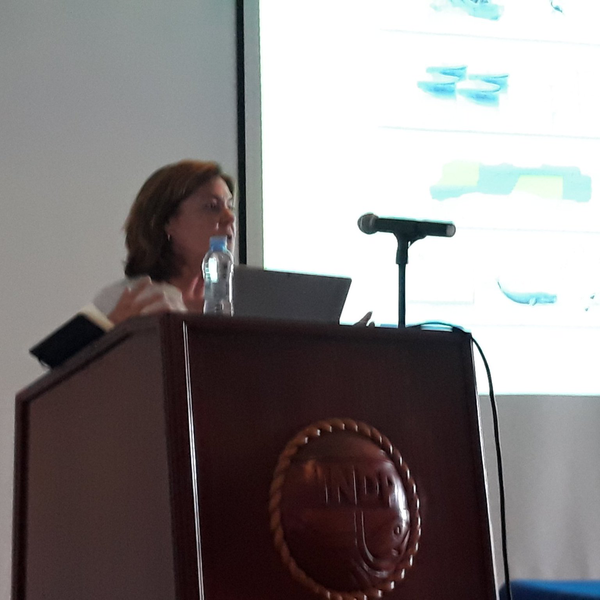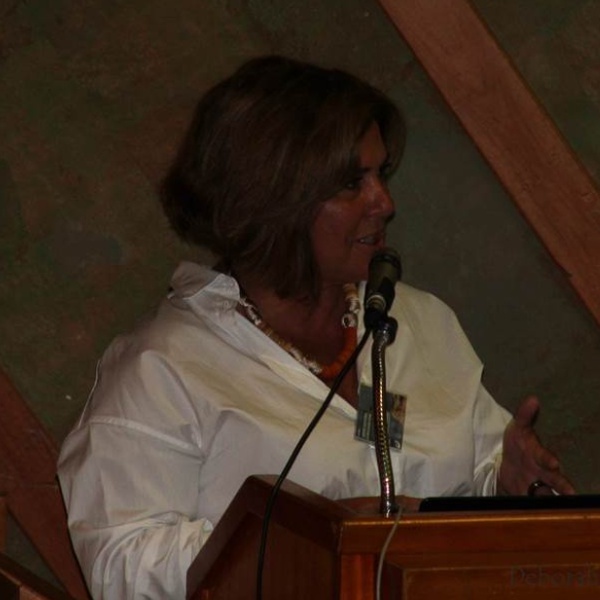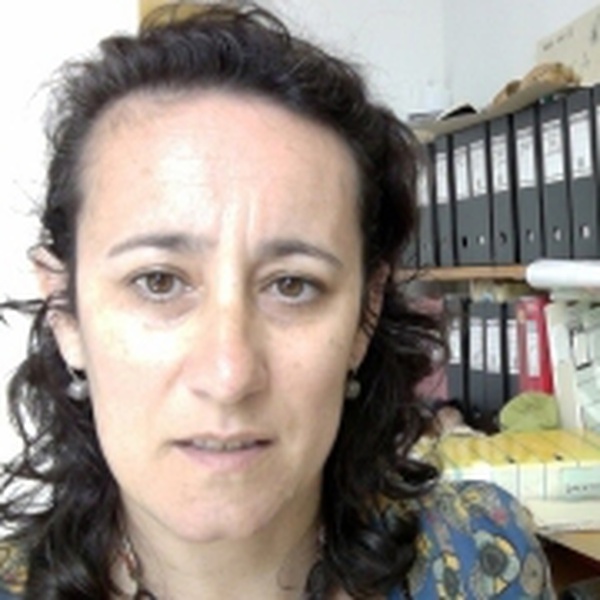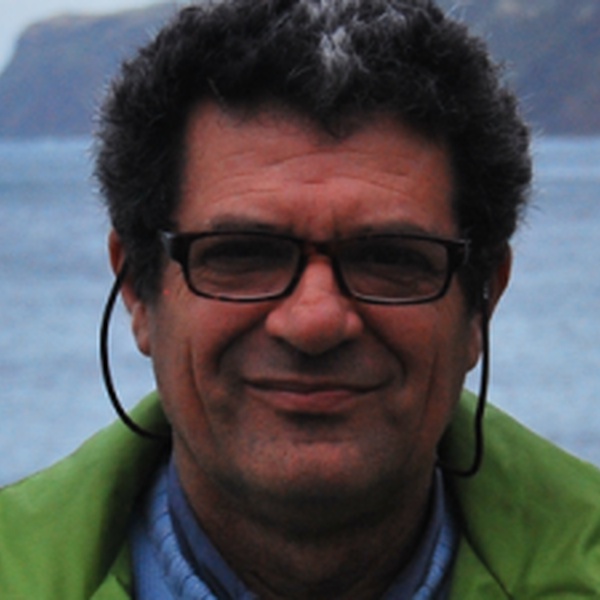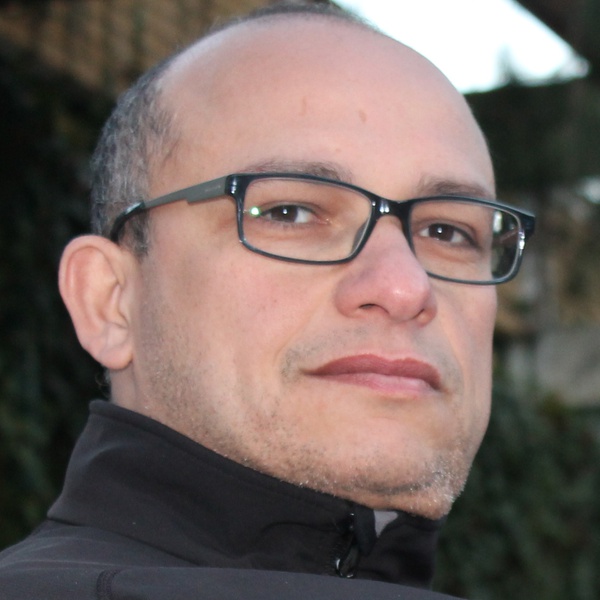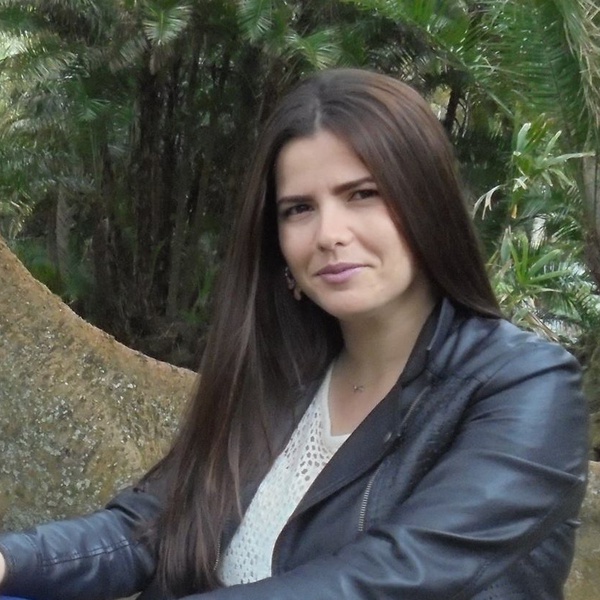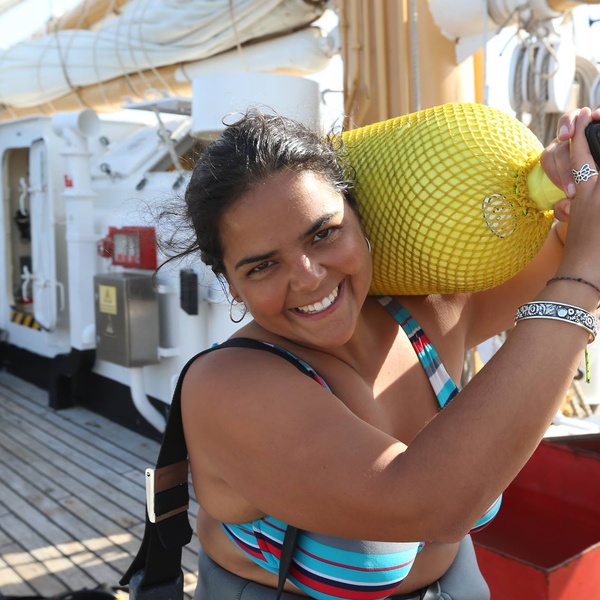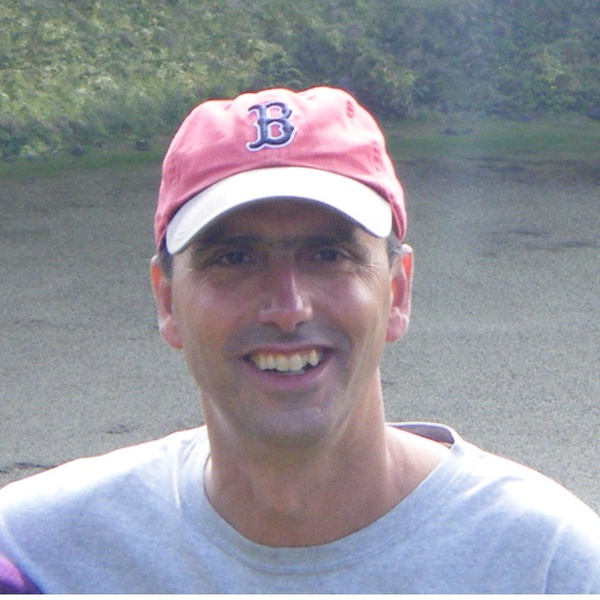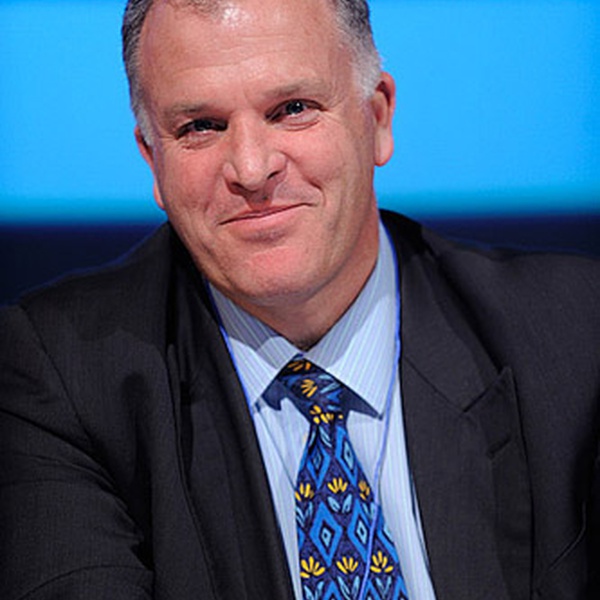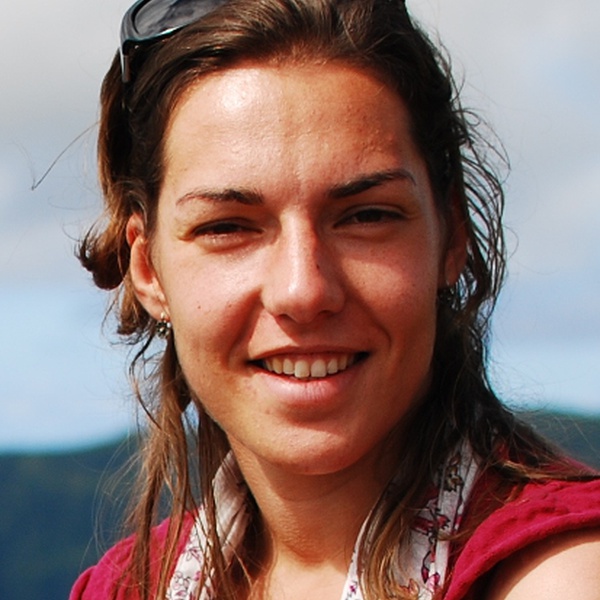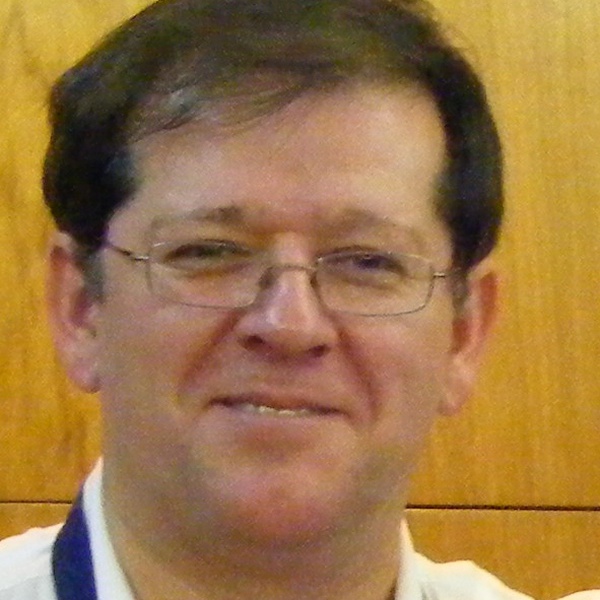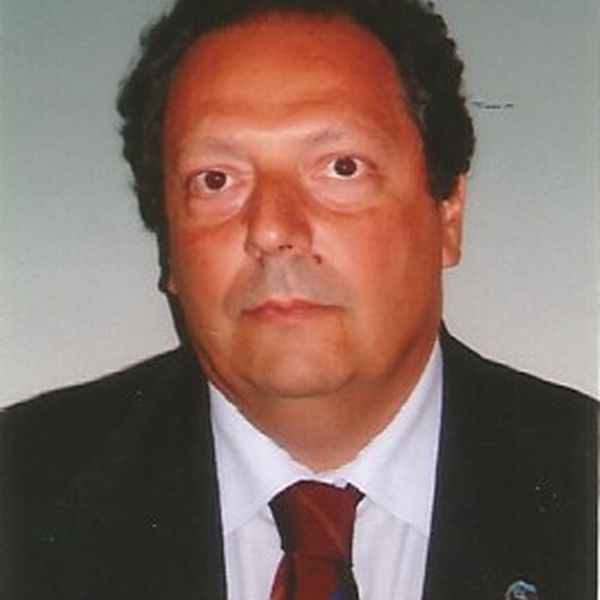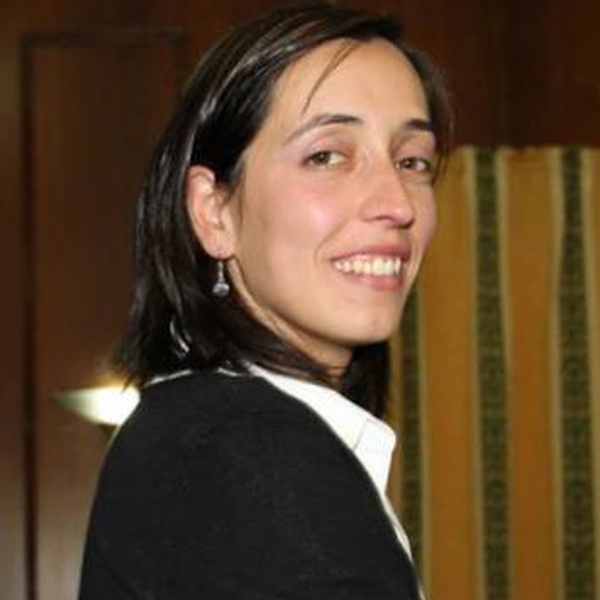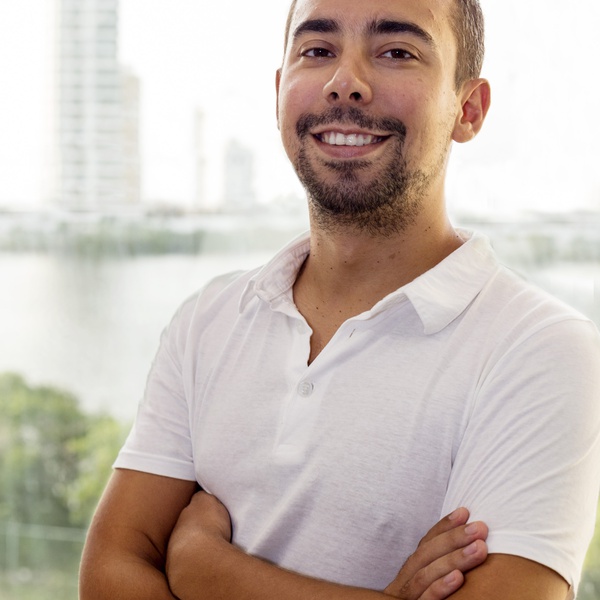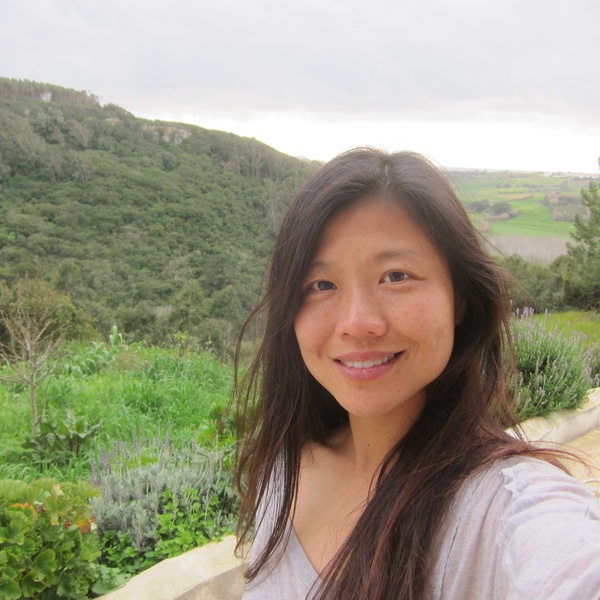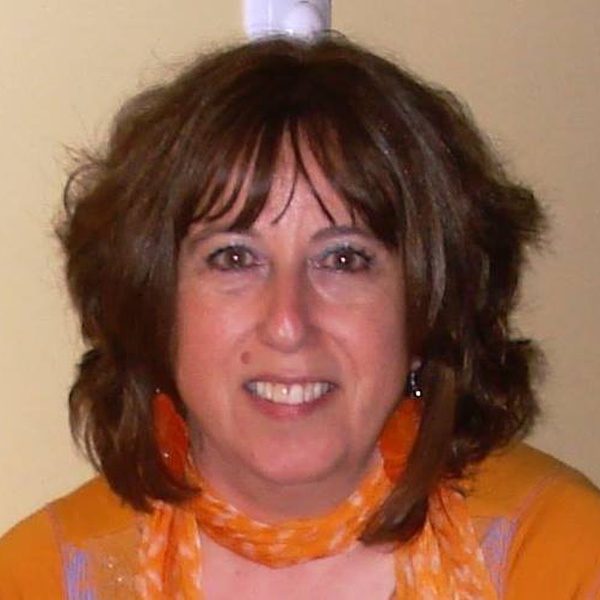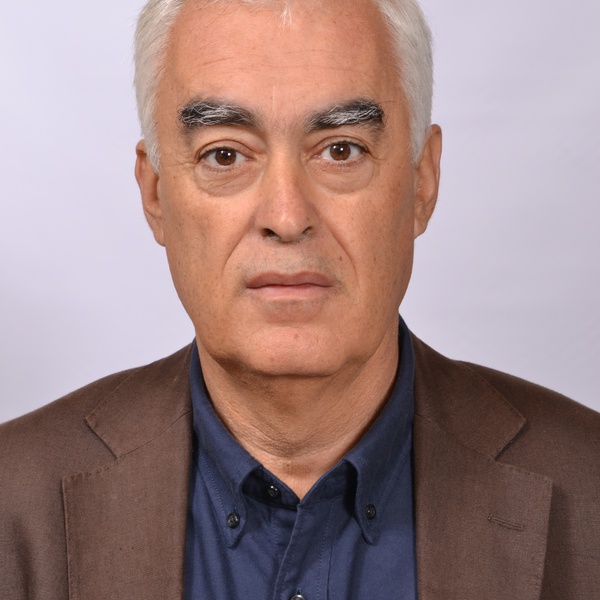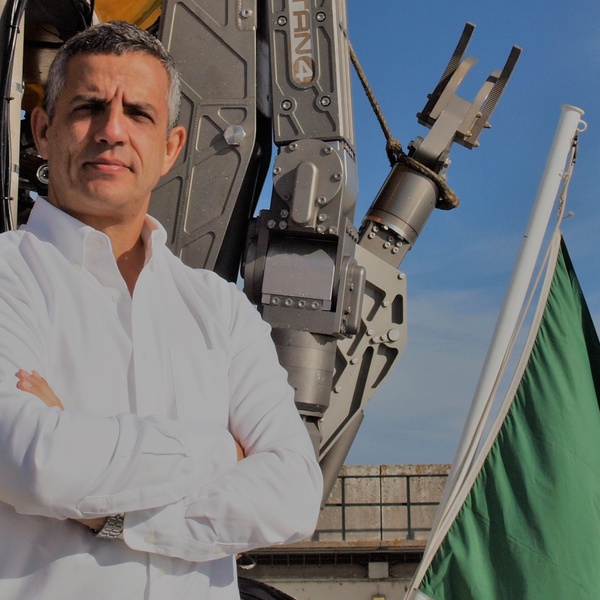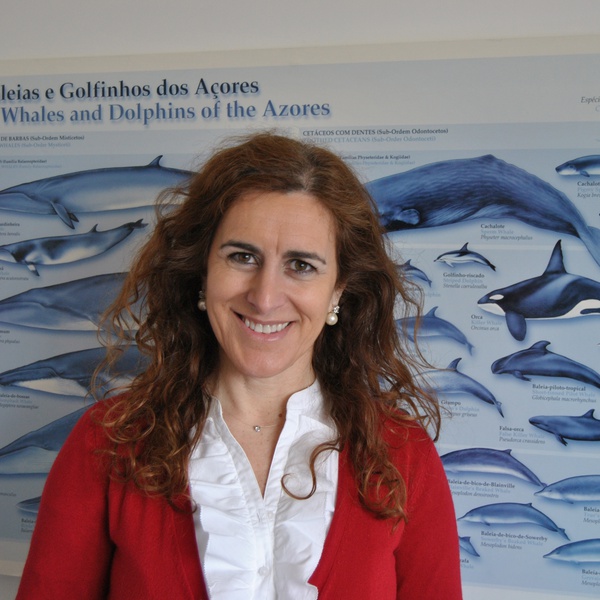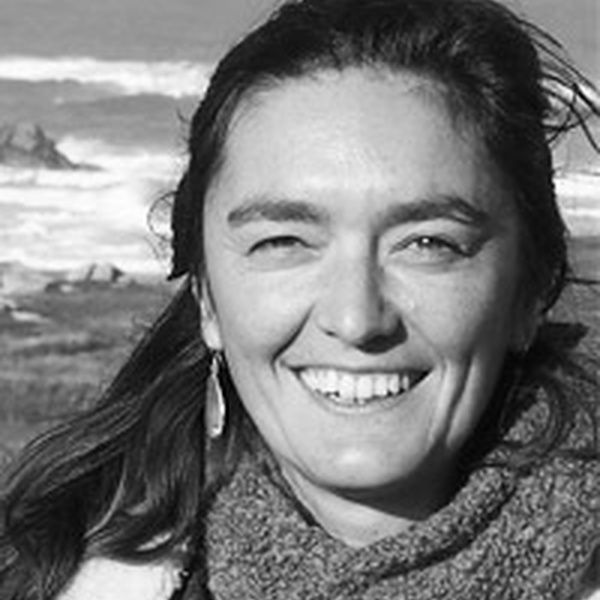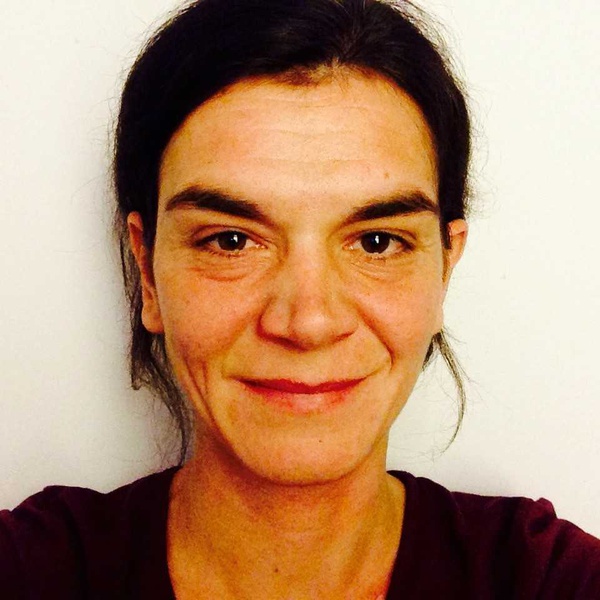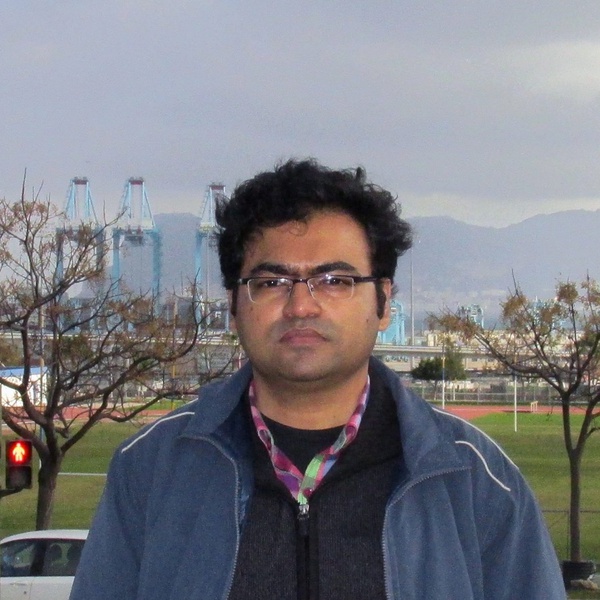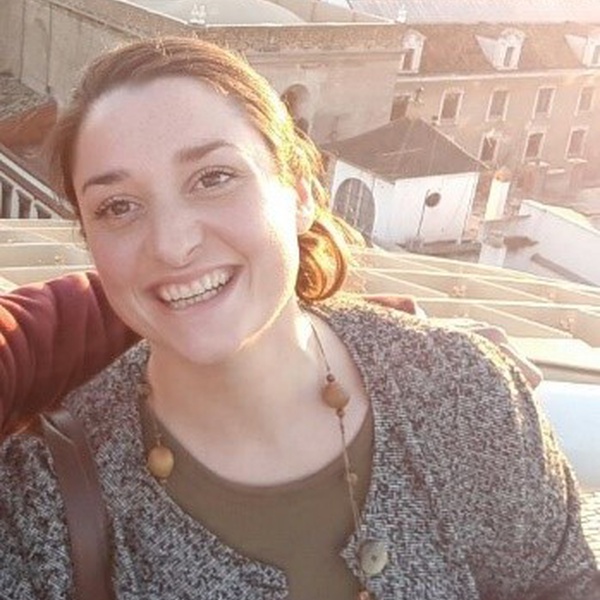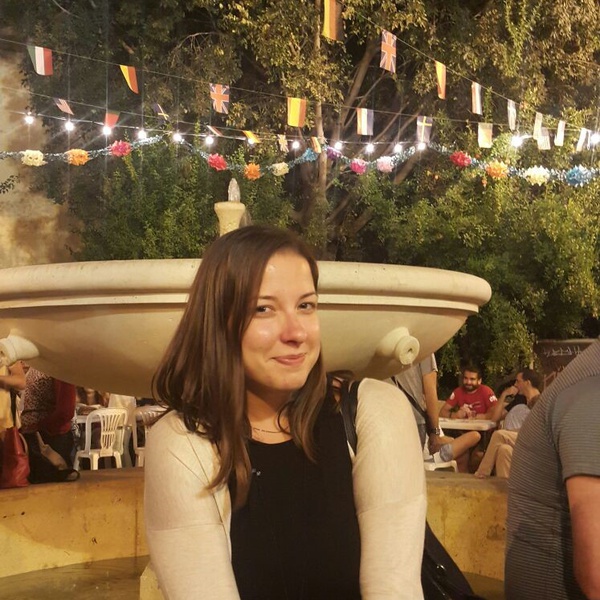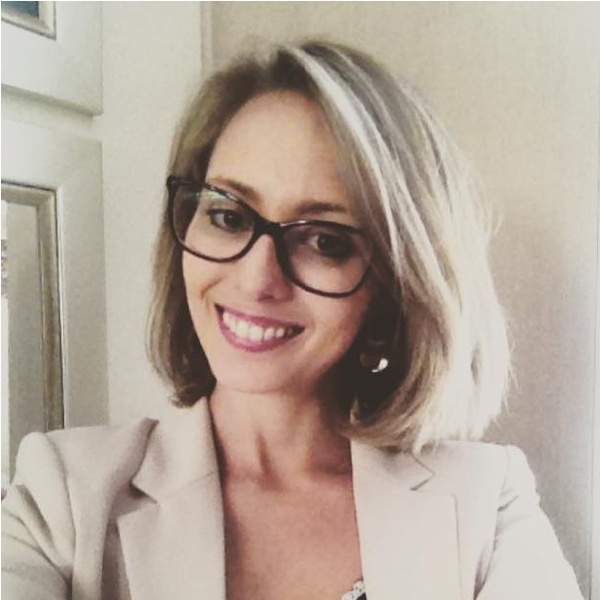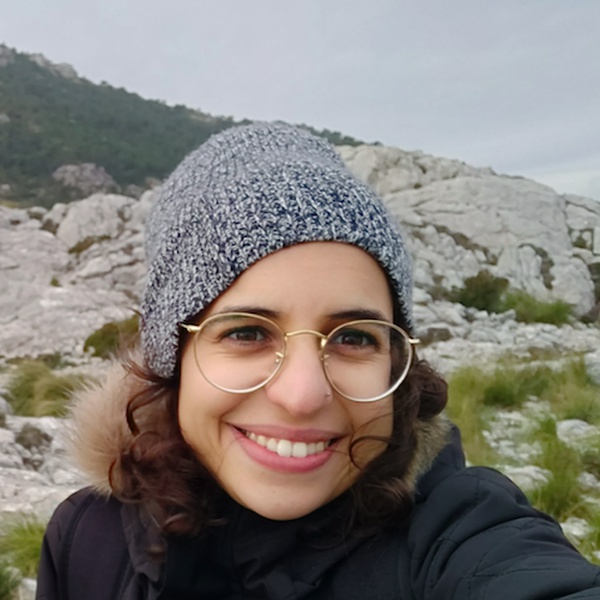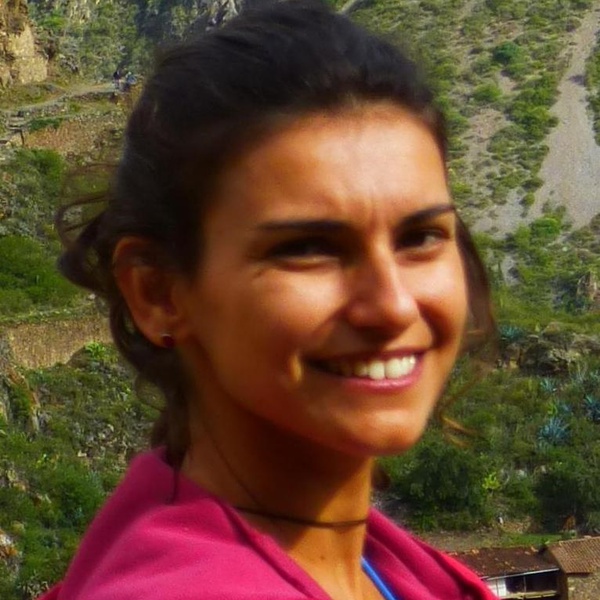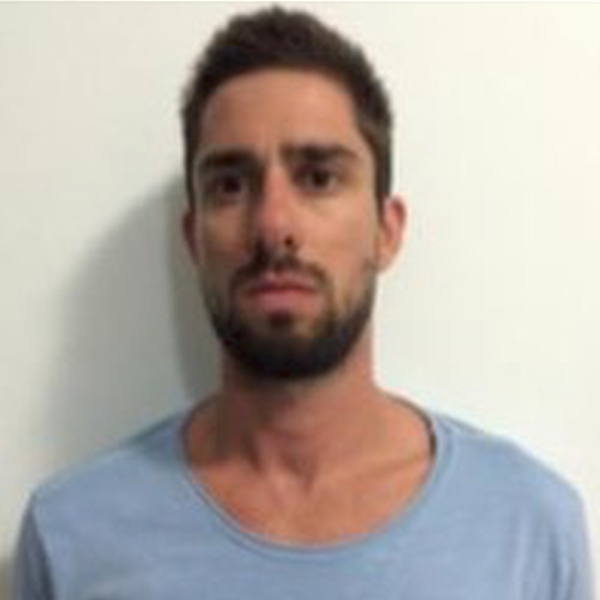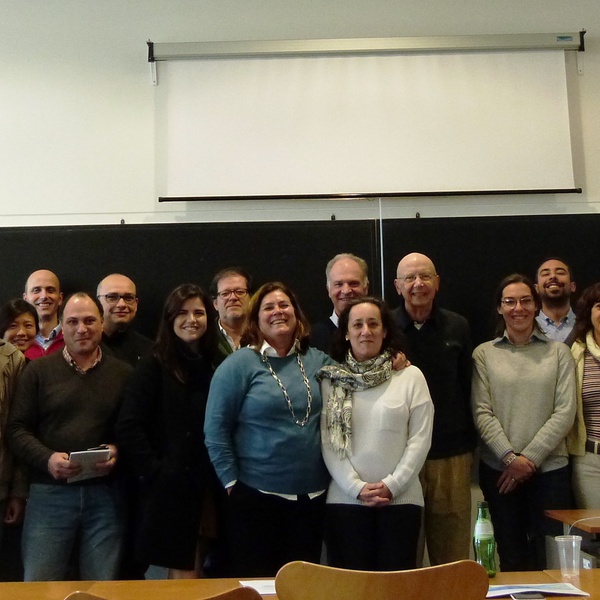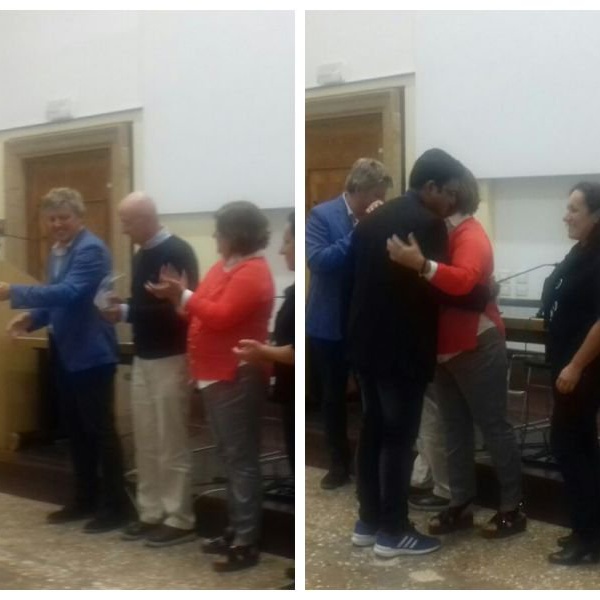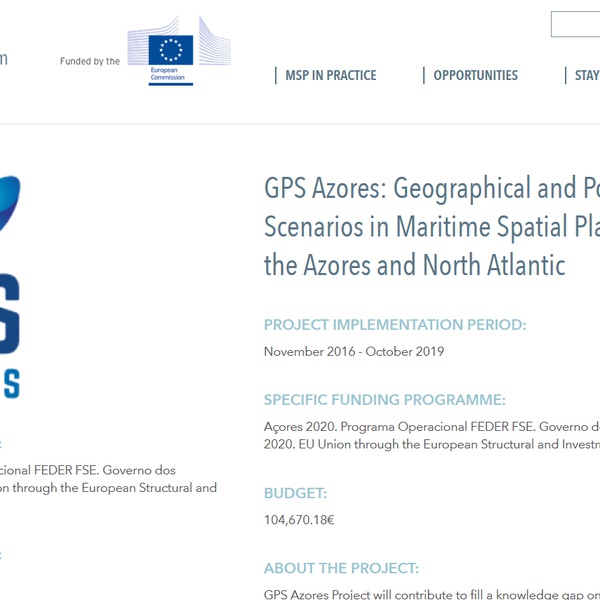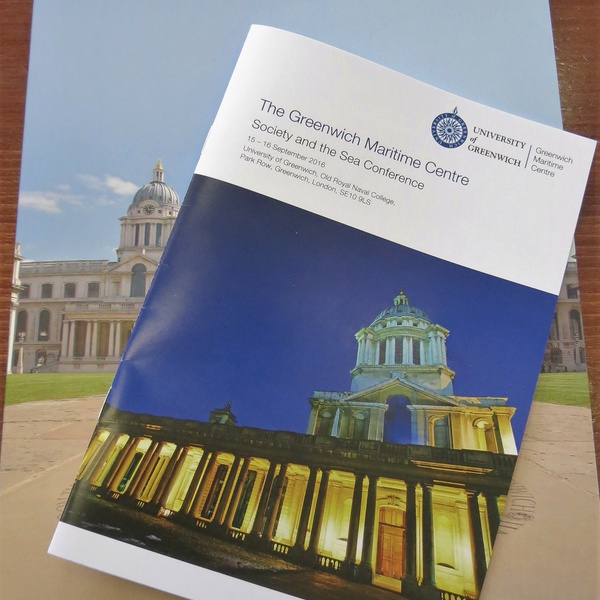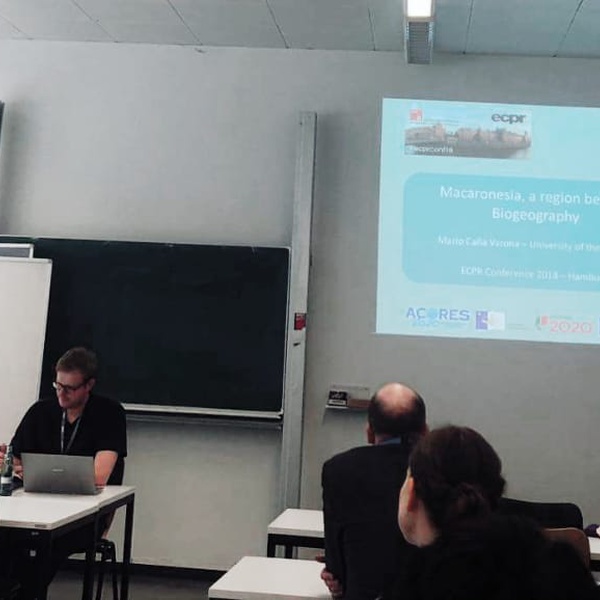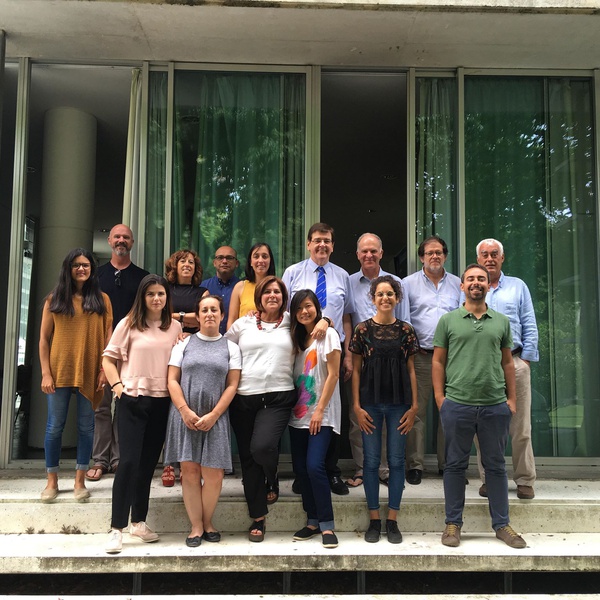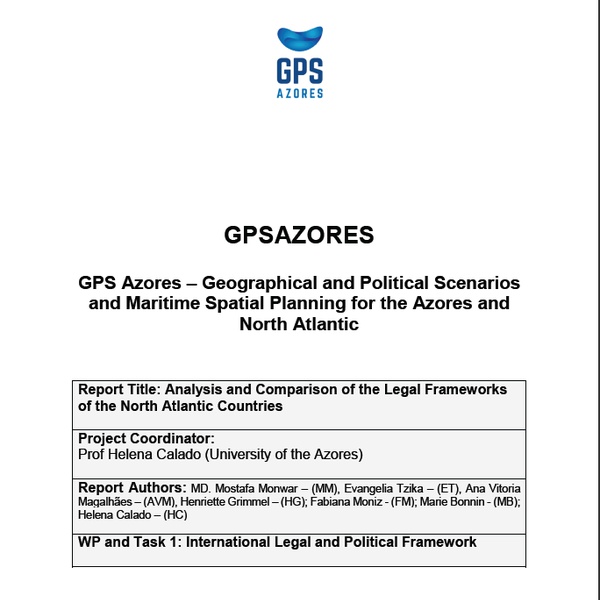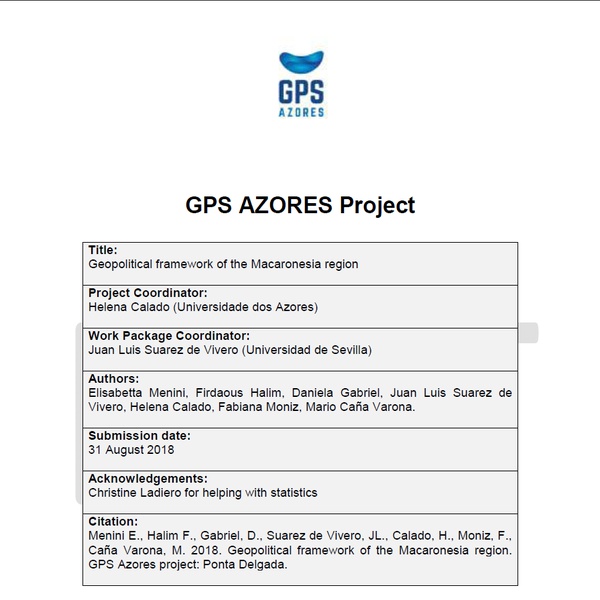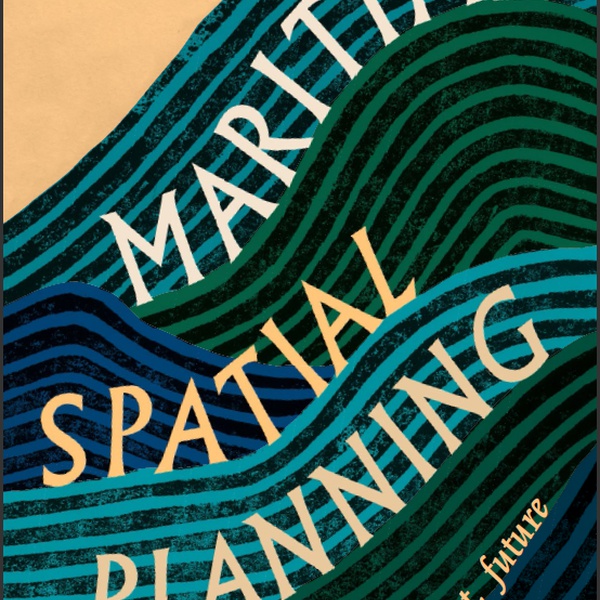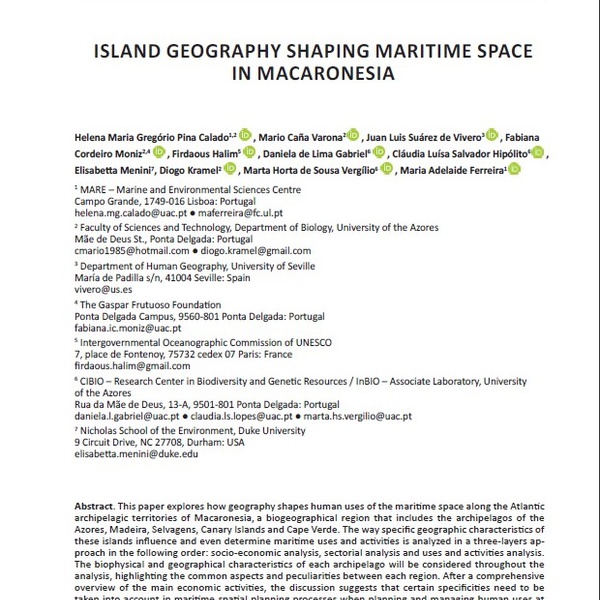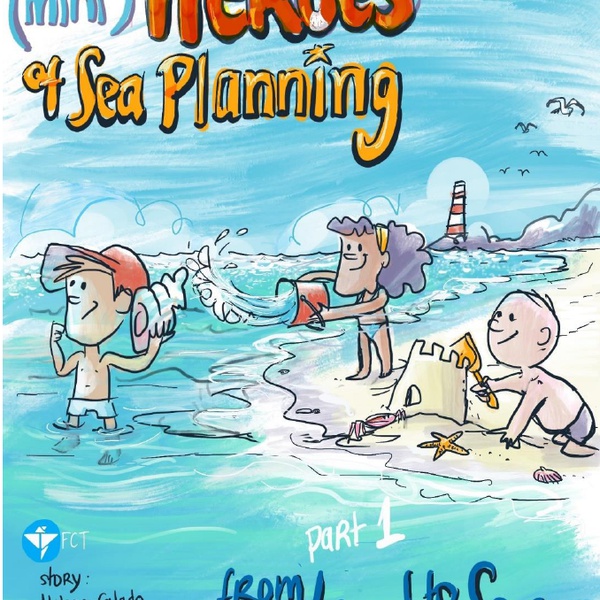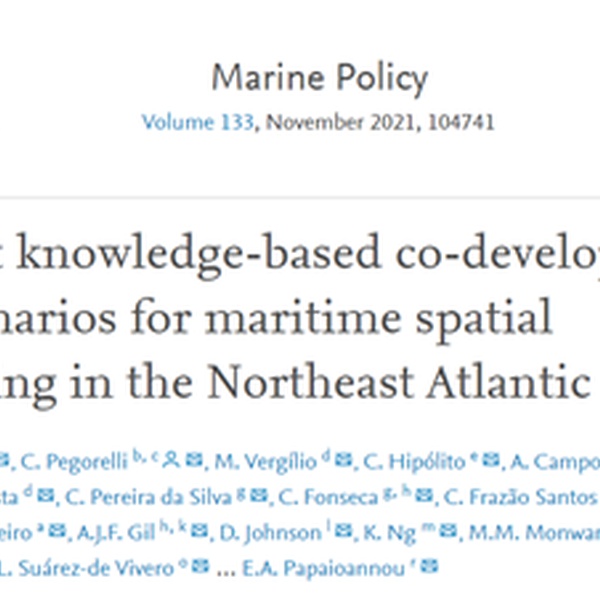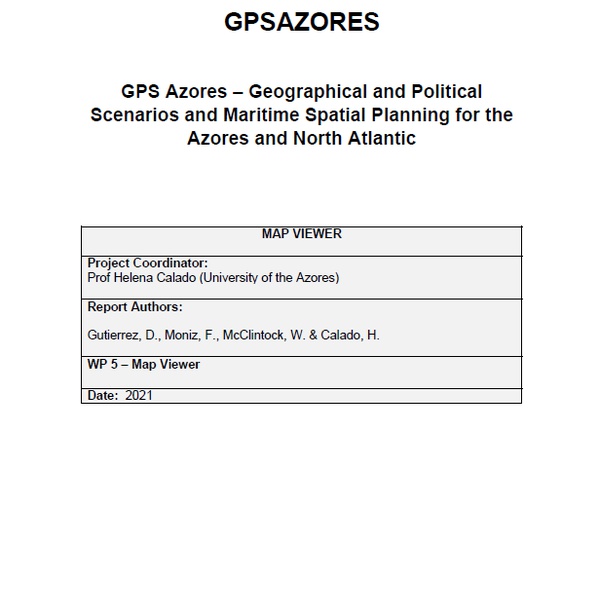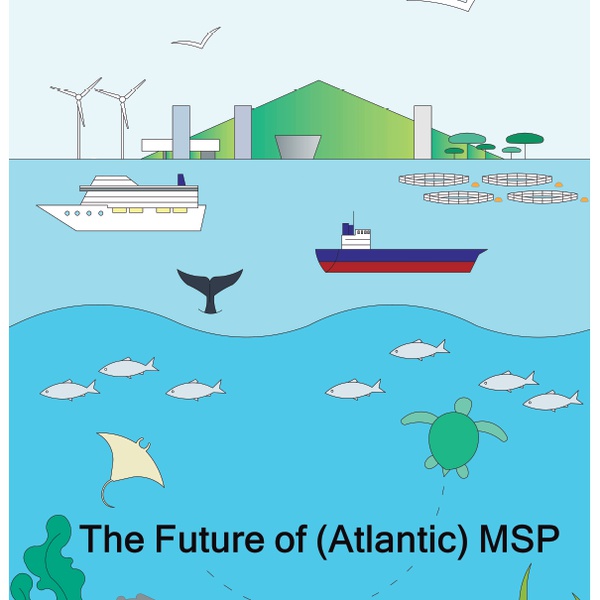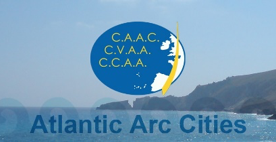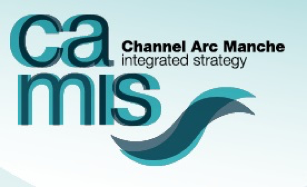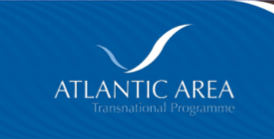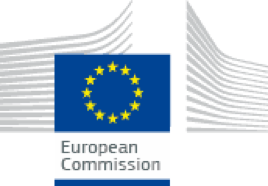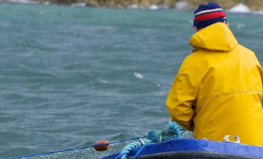Project

Geographical and Political Scenarios in Maritime Spatial Planning for the Azores and North Atlantic
An increasing number of human activities occur in ocean space with known impacts resulting in biodiversity loss, decrease on species abundance, pollution, and other possible unforeseen consequences that need to be tackled with coordinated and sustained actions, to collectively improve ocean health.
The oceans potential in mineral, energy and biogenetic resources, both in areas under national jurisdiction and offshore waters, are becoming vital to future generations. An example of this process is the demonstrated interest of some States to continue increasing their jurisdictional waters with the expansion of their continental shelf (Suárez de Vivero et al. 2010).
From the perspective of the Law of the Sea, the waters and marine seabed between Europe and North America fall increasingly within national jurisdictions as a result of submissions to the Commission on the Limits of the Continental Shelf and associated sovereign rights declarations: The European Union (EU) Atlantic countries plus Norway have reached spatial gains of more than 5 million km2 (including overseas). Portugal alone has extended his Atlantic jurisdiction in 2 million km2. This expansion is resulting in a dynamic political and spatial influence over a considerable part of the North Atlantic that may increase with claims by Canada and the USA (Suárez de Vivero et al. 2009). The EU is a supra national institution configuring the most advanced and ambitious ocean governance structure with relevance to all oceans. The Blue Book (COM(2007)575 final) and 2007 Action Plan (SEC(2007)1278) constitute the basis of its Integrated Maritime Policy (IMP).
States are now recognizing the need for a governance framework that applies a more integrated approach to maritime policy. Focus on governance processes and their outcomes is essential (Olsen et al. 2011). Within the EU IMP a diversity of thematic actions are developed, highlighting maritime spatial planning (MSP), international dimensions and cross border cooperation, the need for integrated marine governance in EU Member States and other strategic initiatives (Meiner 2010). Particular attention must be taken to accomplish the goals of the Directive 2014/89/EU establishing a framework for Maritime Spatial Planning.
In addition, the exploitation of marine resources will generate new conflicts and problems. Current geopolitical renewal has displaced, in part, the focus on issues such as the "state-centric" related to safety or international conflicts, to other issues such as environmental threats, international cooperation and food security. This scenario requires new policy and scientific approaches, to which the particular perspective of geography is able to contribute (Meiner 2010).
The proposal for geographical and political maritime scenarios definition for North Atlantic MSP is integrated in a new global vision, particularly in the North Atlantic where major, past and present, maritime interests are located. Despite the IMP at the EU level, it falls to Member States, to formulate, implement and design appropriate planning instruments according to national laws. This is of particular importance for the Azores Autonomic Region as Azorean society depends both economically and for welfare on maritime space. However, maritime planning is almost non existing at the Azores Region with exception of Marine Protected Areas and some sector based initiatives. Therefore, a comprehensive and integrated vision on existing and potential maritime development is needed (Calado et al. 2011).
GPS Azores Project will contribute to fill a knowledge gap on maritime existing and potential uses; on conflicts ―uses-uses‖ and ―uses-environment‖, and on existing and potential and on Best Sustainable Development Scenarios for Maritime Spatial Planning.
Read More